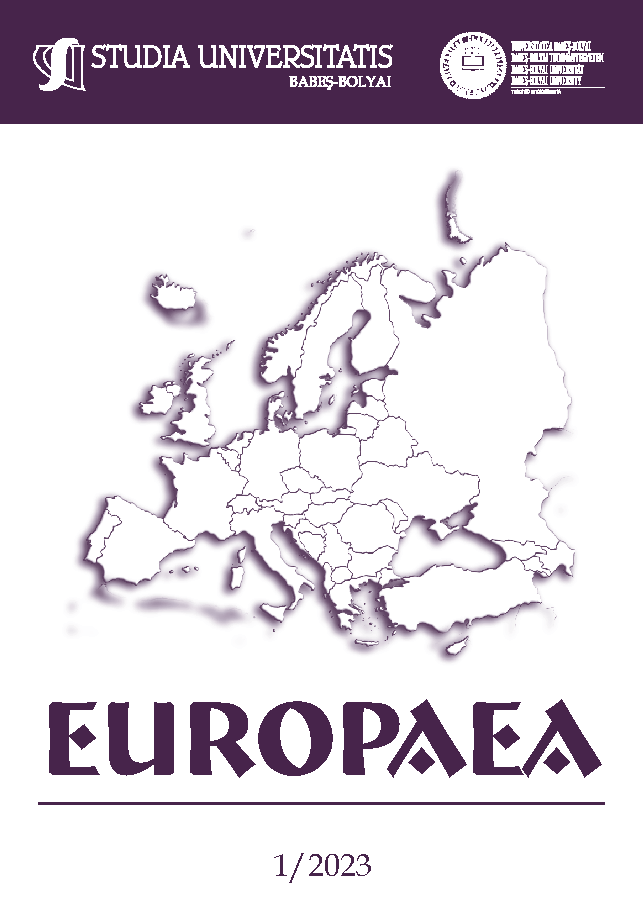HOW MUTUALLY HURTING STALEMATES BECOME ESSENTIAL IN PEACE-BUILDING EFFORTS. THE CASE OF LIBERIA
HOW MUTUALLY HURTING STALEMATES BECOME ESSENTIAL IN PEACE-BUILDING EFFORTS. THE CASE OF LIBERIA
Author(s): Laura M. Herța, Claudiu-Bogdan AldeaSubject(s): Social development, Studies in violence and power, Economic development, Peace and Conflict Studies
Published by: Studia Universitatis Babes-Bolyai
Keywords: peace studies; ripeness; mutually hurting stalemates; peace-building; post-conflict development;
Summary/Abstract: The paper focuses on two concepts developed by William Zartman, namely ”ripe moments” and “mutually hurting stalemates”. Basically, the concepts tackle the idea of certain proper moments for the beginning of peace talks when the parties to the conflict believe that they are trapped in a painful impasse which no longer brings them victory. Our paper aims to show that hurting stalemates are sometimes the adequate starting point for peace-building efforts as well, not only for starting negotiations, and to apply this on the case of Liberia. The paper is organized around the following research questions: Is the hurting stalemate a military deadlock? Is a similar painful deadlock a good starting point for building sustainable peace in post-conflict societies?
Journal: Studia Universitatis Babes-Bolyai - Studia Europaea
- Issue Year: 68/2023
- Issue No: 1
- Page Range: 345-359
- Page Count: 15
- Language: English

